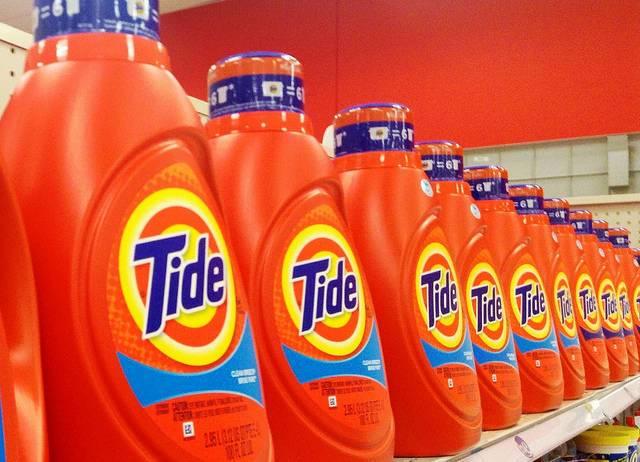
Cleaning product manufacturers that either do not make their products more sustainable and responsible will now be nudged to do so, or will have to disclose the exact chemicals used in their products by 2020 if their products will continue to be sold in California.
On Sunday, Governor Jerry Brown signed into law Senate Bill No. 258, otherwise known as the Cleaning Products Right to Know Act. The law's authors say its overarching goal is to give consumers the information they need so they can make informed purchasing decisions while reducing any impacts these products could have on public health. First, companies will have to disclose chemicals in their products online by 2020, and will then be required to list those chemicals on their products’ labels before 2021.
If this law is not overturned by a statewide ballot proposition or held up in courts, SB 258 could have ramifications nationwide. After all, most companies will find it too costly to print packaging to meet the laws of one U.S. state while having a separate set of packaging for other markets. Many cleaning product manufacturers may find that it will be more cost-effective in the long run to disclose those chemicals. And leading cleaning product makers may just find it will be easier to use more responsible ingredients in their surface cleaners and detergents.
These companies could also follow the lead of companies like SC Johnson and purchase “eco-friendly” cleaning products companies – though brands such as Ecover, Method and Seventh Generation will also have to disclose their ingredients in order to be compliant with the new California law.
With Gov. Brown’s signing of SB 258, California is now plunked in the middle of the debate over how much of a right to transparency consumers should have about potentially irritating, or harmful, chemicals and allergens that can be found in common cleansers, soaps and detergents.
According to State Senator Ricardo Lara of Bell Gardens, such disclosures are a no-brainer.
“People around the country and especially Californians are demanding more disclosure about the chemicals in products we use,” Senator Lara said in a public statement. “The science is clear, and we have seen the data about how cleaning product chemicals affect parents, children, people with pre-existing conditions, and workers who use these products all day, every day.”
Senator Lara also said he was motivated to submit this legislation after he heard stories from his mother, who for years was a domestic worker.
The bill had been amended several times over the past year, and faced opposition from many leading industry groups. One national trade group that represents fragrance manufacturers attacked the bill for its potential “negative impacts” that the law could have on its member companies.
“Requiring blanket fragrance formulation disclosure does not make products safer; it puts jobs at risk and increases the likelihood of dangerous counterfeit products entering the marketplace,” said Farah K. Ahmed, President and CEO of the International Fragrance Association North America in a statement issued earlier this year.
Nevertheless, many leading companies in the consumer packaged goods and cleaning products sectors came out in support of SB 258. Those manufacturers included California-based Honest Company (which last year confronted lawsuits and public skepticism over the safety of some of its ingredients) and WD-40. Nationwide, Seventh Generation, Procter & Gamble, SC Johnson, Reckitt Benckiser, Unilever, Eco Lab and fragrance maker Givaudan have also said they support the legislation.
In addition, the Consumer Specialty Products Association (CSPA), a trade group that represents major manufacturers, said yesterday it “applauds” SB 258. “The result is an ingredient communication proposal backed by both environmental advocates and name-brand consumer product companies, and which could potentially serve as a national model for other states and major retailers,” said CSPA’s CEO Steve Caldeira.
Image credit: Mike Mozart/Flickr

Leon Kaye has written for 3p since 2010 and become executive editor in 2018. His previous work includes writing for the Guardian as well as other online and print publications. In addition, he's worked in sales executive roles within technology and financial research companies, as well as for a public relations firm, for which he consulted with one of the globe’s leading sustainability initiatives. Currently living in Central California, he’s traveled to 70-plus countries and has lived and worked in South Korea, the United Arab Emirates and Uruguay.
Leon’s an alum of Fresno State, the University of Maryland, Baltimore County and the University of Southern California's Marshall Business School. He enjoys traveling abroad as well as exploring California’s Central Coast and the Sierra Nevadas.














